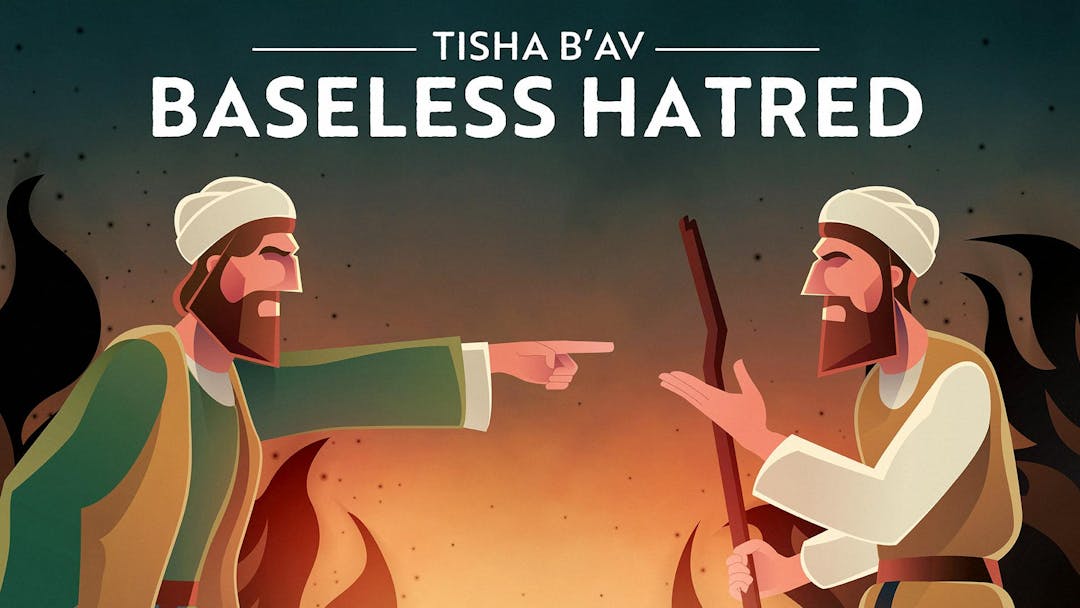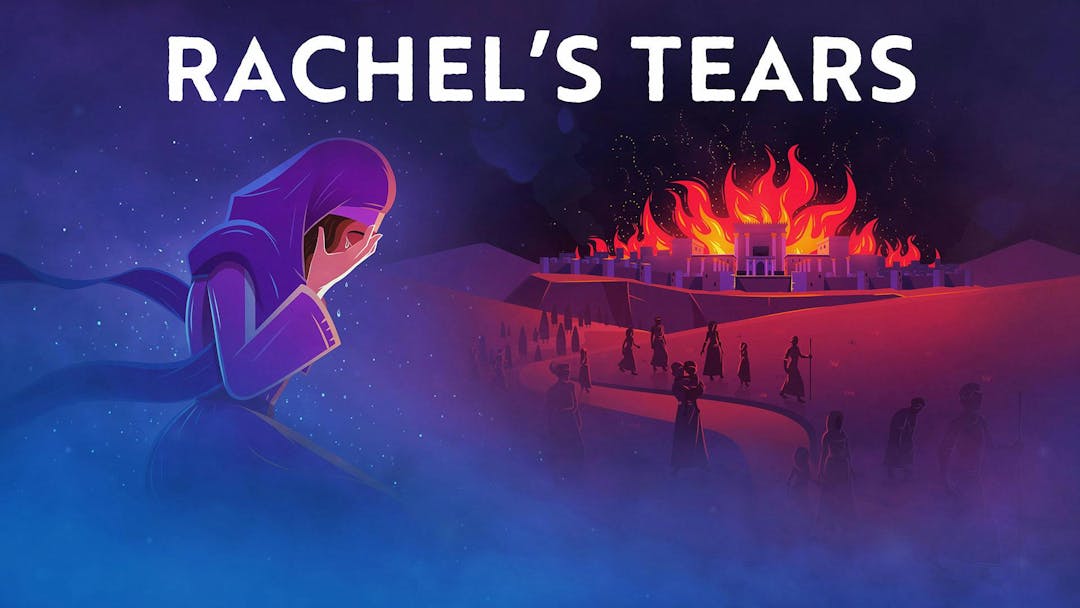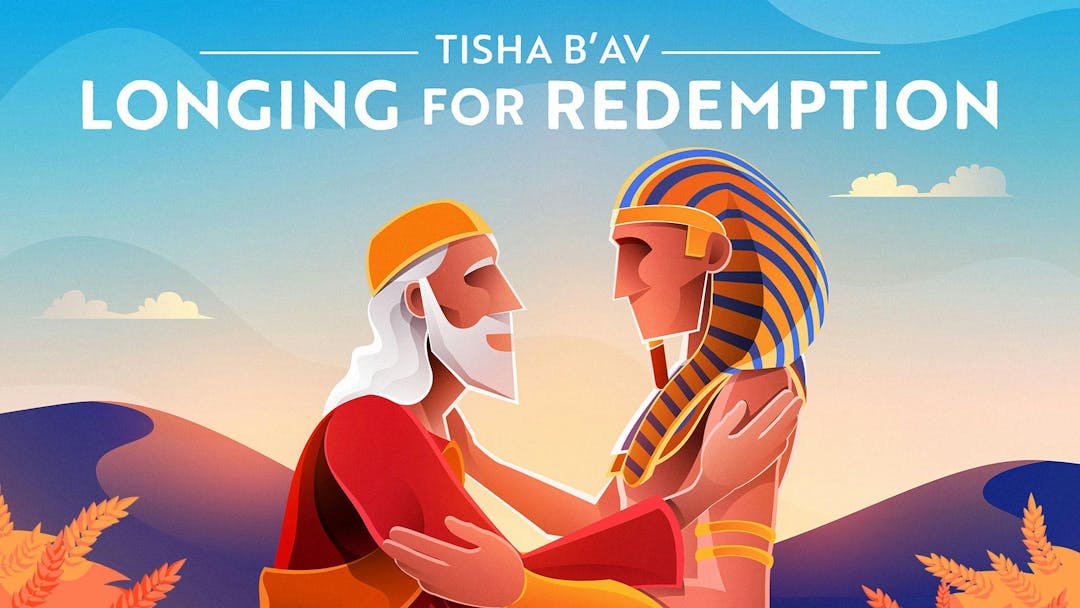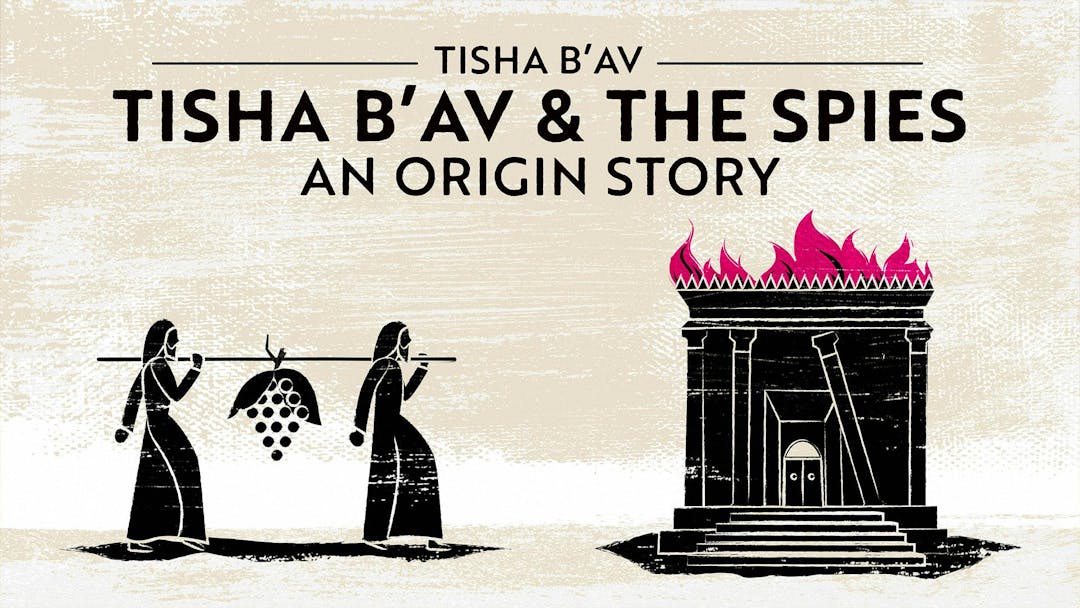Start your free trial today to unlock the full library and enjoy unlimited and uninterrupted access.
Get StartedGive Me Yavneh and Its Sages (Part 1 of 5)
Epic Tales of Tisha B’Av: Yavneh
How can we feel connected to the destruction of Jerusalem and the Temple when these tragedies happened thousands of years ago? The answer may lie in understanding what still links us to those past events and how, against all odds, exile didn’t put an end to the Jewish people. Join Rabbi Fohrman as he searches for the secret to Jewish continuity in the story of the fall of Jerusalem itself, in a place far from the Temple – in the sands of Yavneh.
Discover other great Tisha Ba’v videos and resources at Aleph Beta, including ‘The Book of Lamentations”, “The Meaning of Sinat Chinam”, and “Tisha Ba'v Customs & Rituals”
Want to watch the full video for free?
Enter your email and we’ll send you a link to watch the full series free.
What is Aleph Beta?
Aleph Beta is a unique kind of Torah library. Led by our founder, Rabbi David Fohrman, we are dedicated to high-level, textual Torah learning for adults that is intellectually and spiritually sophisticated, that enlivens your Jewish practice and helps you forge a deeper connection to God. Whether you’ve been learning in yeshiva for years or you’re just beginning your Torah journey, you’re sure to find something meaningful and surprising waiting for you here.
Browse our library of over 1,000 beautifully produced animated videos, podcasts, deep dive courses, and printable guides. Topics include the weekly parsha, Jewish holidays & fast days, laws & mitzvot, prayers, relationships, big philosophical ideas and more. Have something to say at the Shabbos table that will amaze your family and guests and bring deep meaning into their lives.












